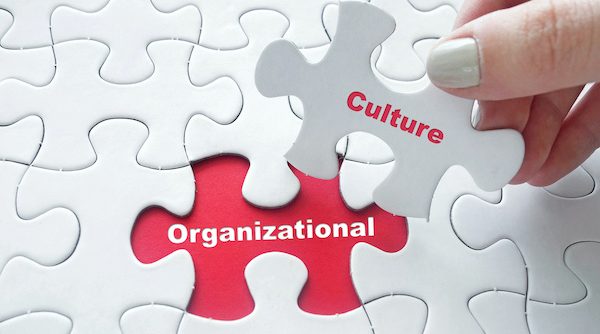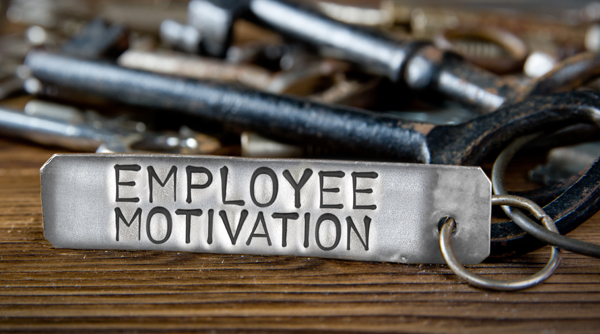
How to use Technology for Measuring Engagement Success
09/02/2021
New Rules of Engagement
08/02/2021With the re-opening of offices still nearly 3 months off and after a year of near continuous remote working what’s been the impact on company culture and what can you do to preserve it? With many companies announcing they won’t be forcing employees to return to the office, and some saying they’re vastly reducing their office estate this is becoming a key question.
For the sixth panel discussion in our Re-Inventing the Human Workplace series Kenlyn Klamper, Vice-President of People and Culture at US based Apkudo, Emma Rose Hurst, Culture and Engagement Director and Employee Experience Consultant at Novartis and Jane Roques-Shaw, Global Executive Director People Growth and Experience at Warner Media shared their solutions with us. Here’s the low-down on ‘Transforming Company Culture’.
Employees’ miss being in an office…
Unsurprisingly and consistent with research by thinktanks such as Demos, a permanent state of remote working has negatively affected employees. This is particularly true for younger employees and new starters. Kenlyn explained how younger workers were missing out on the office ambiance. And added to this, the ability to learn off older, more experienced workers. Jane gave the example of a new employee who lacked enthusiasm. She traced it to them being unable to benefit from Warner’s usual brand induction with all the signs, symbols and excitement which instil the company’s vibrant culture. Some things are simply better done physically. Emma noted how home working causes people to ruminate more. It can exaggerate anxieties that a quick chat with a colleague over the desk would ameliorate. Without being there in person managers inevitably miss picking up the signs.
…but you can do several things to help bolster culture for remote based workforces:
- Identify gaps and problems. Listen to your people. Then, tackle at the local level first.
- Research the impact and evaluate best practice techniques for managing a dual workforce. Clarify your strategic priorities leading down to team goals, then work on the how. Above all listen to your employees.
- Take things day by day and make regular time to reflect on what you’ve learned and be prepared to pivot. Be agile.
- Be proactive, flexible and prepared to evolve values to deal with the impact on company culture. At Warner they created culture working groups, for instance. Some 700 employees globally were asked what elements of culture they were most concerned about and didn’t want to lose. Subsequently, this was blended into the Warner culture mosaic with different interpretations for different countries.
- Use the opportunity to re-examine your corporate attitude. For the workforce of Apkudo the pandemic taught them that buzzwords are ‘BS’. It highlighted that people don’t always know what they’re doing and can fail, and that this is OK – figuring out solutions actually brings people together.
On innovation and creative thinking…
Our panellists recognised that while nothing replaces working round a whiteboard (virtual or physical) giving people space and time to reflect or go for a walk and return refreshed helps generate more creative ideas. Conducting such sessions remotely offers the opportunity to allow different people from around the organisation to participate, with a positive knock-on for the end result.
On empowering people…
Kenlyn, Jane and Emma recommended allowing for all those little things that remind people that we’re human; emphasising wellness, sharing learning, allowing people to interact and have casual conversations and to tool up your leaders so they know what’s expected of them.
Finally, on resilience…
They suggested to live the learning, identify communication styles, and help team members to understand each other. Secondly, promote authenticity, restorative breaks and remind people of the risks to their health of over-work. And, finally, add support leaders to role model these behaviours.
We hope this has helped inspire you about possible solutions you could adopt to minimise the impact on company culture in your organisation. Or assured you about approaches you’re already implementing. Watch the panel discussion and let us know what you think.
At ClearVoice, we are experts in advising on and delivering employee engagement and culture change strategies that inspire your people and transform your business. We help you steer towards a future of work that is human by enabling you to truly discover how to attain and sustain high levels of employee engagement and create a culture where you and your people can thrive. For more information or help with transforming your company culture, email us or book a free consultation today.







